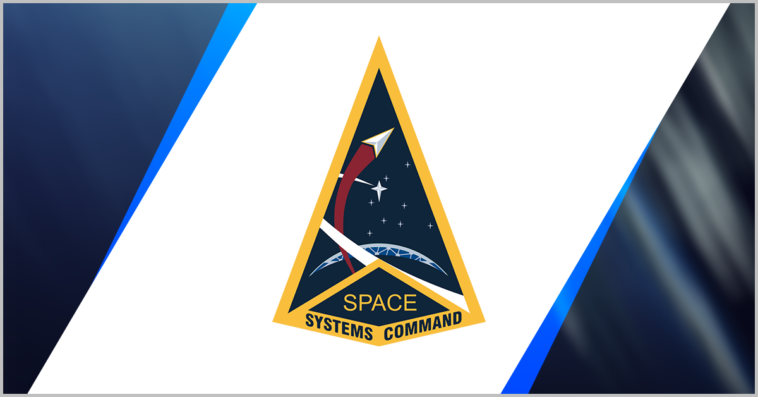The Space Systems Command has selected Astranis, Axient, L3Harris and Sierra Space to submit designs of Lite Evolving Augmented Proliferation satellites.
The contracts require the vendors to propose satellite designs under the Resilient Global Positioning System program, which seeks to provide resilient communications service by using proliferated small satellites that transmit GPS signals, the U.S. Space Force said Monday.
The government is advancing the R-GPS program following recent studies that supported the deployment of an additional proliferated fleet of small GPS satellites, the service added.
In a statement, Gen. Chance Saltzman, chief of space operations at the USSF and a two-time Wash100 awardee, said the R-GPS program will ensure the delivery of critical positioning, navigation and timing capabilities to U.S. warfighters and civilian users.
The contract award is part of a three-stage effort to build and launch up to eight R-GPS satellites starting in 2028.
The successful awardees in the initial phase will move forward to the next stage, which involves a final design review and building payload prototypes.
To conclude the project, the SSC will pick one or more companies to produce the R-GPS program’s first satellite vehicles.
The SSC awarded the contracts using the new “Quick Start” authority provided through the latest National Defense Authorization Act.
According to Air Force Secretary Frank Kendall, a five-time Wash100 awardee, the Quick Start authority enables the service to field and award contracts for low-cost satellites in less than six months.
“This authority allows us to move faster and start new Space Force and Air Force programs,” Kendall noted.





